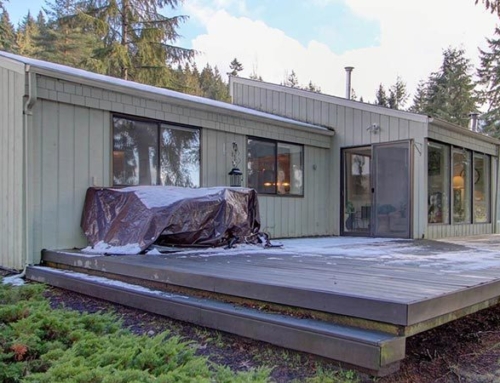After a lot of researching and looking, you’ve finally found a house you like. Now is the time to start the negotiating process. In most houses, there is a scope for negotiation that will let you have the best prices without ruining the deal. How do you strike that best price? Here are some good tips on how to negotiate when buying a home.
Don’t go lowballing
When you buy a house, the seller expects a fair price for it. When you negotiate, you’ll offer a price that’s lower than the asking price but it shouldn’t be too low. By the time you negotiate, you would have already seen some homes and thus would know the average market rate. Keep that rate in mind while offering a price. If you lowball, it might lead to a bad start and the seller might reject your offer directly.
Talk to your agent
Before you make an offer, discuss things with your real estate agent or broker and ask them about a fair price of similar homes in Bellingham. The median price per square feet in Bellingham is $250 and the median sale price in the area is $349,000. The house of your choice could be over or under this price, depending on the location, area, and features of the house. Your agent would be able to guide you better as they have seen all the available homes in the area and their prices. They will also be experienced in how to negotiate when buying a home.
Learn more about the seller’s situation
Why is the seller trying to sell their home? If it is because they are trying to move because of a job transfer? Or do they have to sell it because of a divorce? Or they might have some kind of urgent money requirement. If they have an urgent situation, they might be willing to sell at a price lower than the market rate. If the owner has had the home for a long time, they might be willing to negotiate. But if they bought the home recently, they would look for a price higher than what they bought it for, in which case, negotiations will not help a lot.
Keep a poker face
Knowing the seller’s situation can help you get a lower price. Similarly, if they know your situation, they can get a higher price from you. Don’t let them know that you have made up your mind and want to get that home. They might increase their asking price if they know your heart is set on their property. Keep a poker face and show them that you’re just looking and might settle with this property if you get a good deal. All part of the art of how to negotiate when buying a home.
Form a connection
If you use your interpersonal skills to form a connection with the seller, they might be able to offer you a lower price. Buying and selling homes is something that is more than just a financial process – it includes an emotional touch as well. If the seller forms a bond with you, they may sell it to you at a price lower than what they might offer to someone whom they don’t like. For example, if you find out that you and the seller went to the same school or college in Bellingham, it could be a bonding factor.
Prioritize the negotiations
Before you negotiate, decide what you want more – a lower price or some fixes in the home. If you think you would want to make the fixes on your own, you can ask for a lower price. And if you want them to make the fixes, you can ask them to keep the price same but make the necessary changes. You can also ask them for some concessions. For example, when you want them to repair a leaky roof, you can also ask for the chandelier that was used while displaying the home. The seller might not agree to it but they would get the roof fixed instead.
Get things written
You might see a washer or dryer in the home but will that be included in the sale? It’s best to get things in writing so that you can be certain of what you’re getting with the property. It’s also a good idea to take some pictures of the things that are supposed to stay in the home.
Negotiating can be a tough process. Make sure you keep your cool while discussing things. The process will be smooth if both the parties are reasonable. When negotiating, listen to the seller and be ready to compromise. When both parties act sensibly, you can strike a deal that will be beneficial to both.






